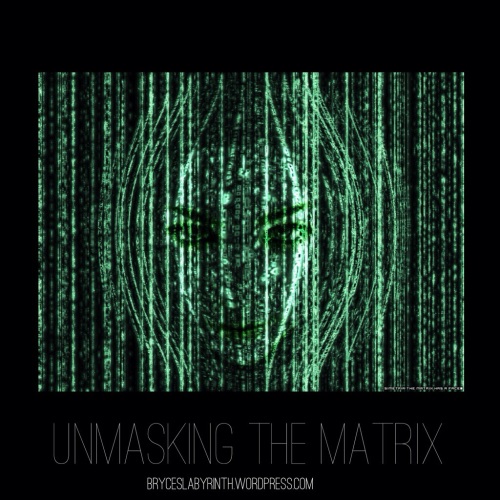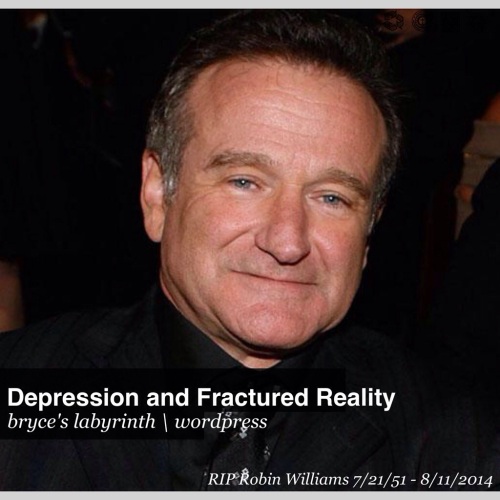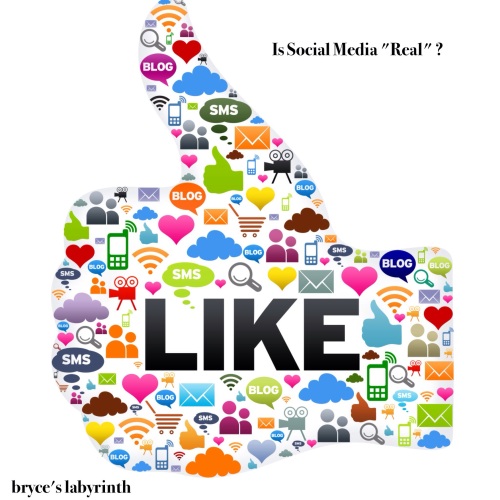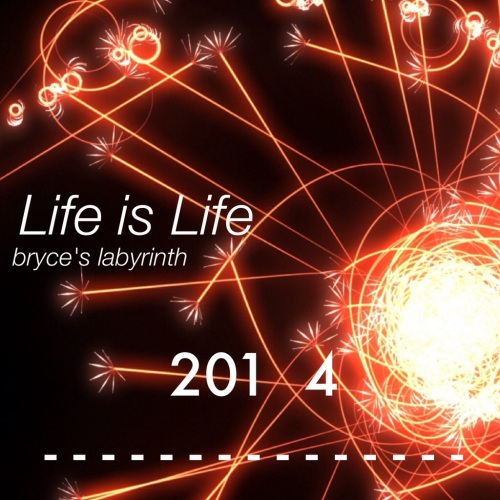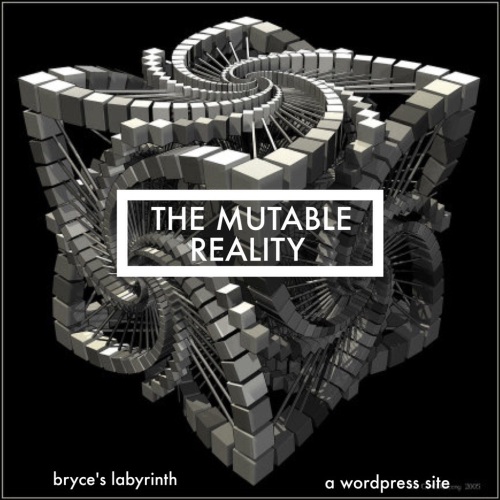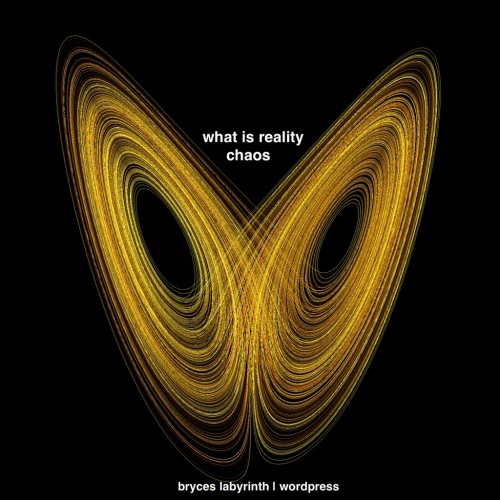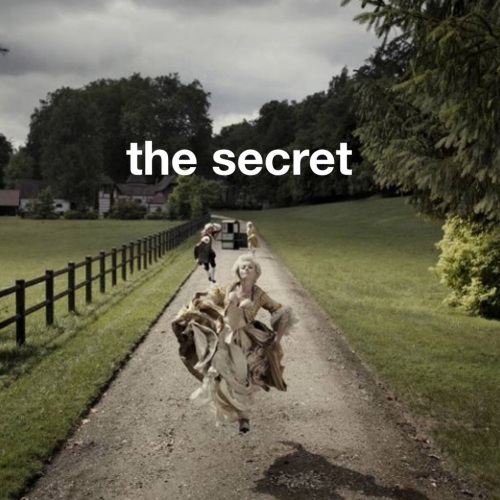Unmasking The Matrix
What if things weren’t as they appeared? What if the history we were told, the ideas that we were taught, and the norms we were instructed to follow were mere distortions? What if society was no more than a cleverly concocted scheme used to pull the wool over our “true” eyes?
Well, all of these are true.
Things are not as they appear; history and social norms are distortions, and society is a cleverly concocted scheme. However, there doesn’t need to be a shadow elite or a corrupt government to facilitate these skew.
One has to look no further than their own brain.
Steven Novella, a neurologist at Yale’s School of Medicine offered a quote that summarizes the workings of the brain beautifully:
When someone looks at me and earnestly says, “I know what I saw,” I am fond of saying, “No you don’t.”
You have a distorted and constructed memory of a distorted and constructed perception, both of which are subservient to whatever narrative your brain is operating under.
Ouch.
In Dr. Louis Cozolino’s book, The Neuroscience of Psychotherapy, he talks about the widely misunderstood phenomena of how the brain actually becomes conscious of information. Most of us know that there is a wealth of information that exists beneath the consciousness, that is information that one isn’t aware of; however, that there are processes beneath the conscious escape most. That is, all of the information that eventually reaches your conscious mind, that part of the brain that you know and are well aware of, has already been processed and treated by the processes preceding conscious thought.
Thusly, you do operate under distortions; namely, your own.
Your reality is not the reality; it is consistently skewed towards the narrative that you are operating under. That narrative is your underlying beliefs, preferences, and hidden feelings operating on an unconscious level.
Now, society, as I have proclaimed over and over on this blog, is little more than a dyadic relationship between individual and collective. Society is a summation of interactions with culture coming about as an emergent property. The nature vs. nurture debate has long since been deemed a superficial argument since it is clear that both are involved in a human being’s development. Thus, as humans form societies as a means of evolutionary resilience, societies form humans in a process of necessary cohesion. In order for societies to remain together, a common set of rules must be established so that behavior is graded against an impersonal and impartial rubric…
However, human sociality is anything but impersonal and impartial and this leads to the distorted notion that it negatively brainwashes.
Let me be very, very clear: brainwashing is real and there have been plenty of documented attempts at system wide influences by the government. However, much of the rationale behind brainwashing is evolutionarily consistent with maximized social cohesion and moral interpretation. Morality is actually hardwired into us through the insular cortex amongst other regions (nature); however, it is society, mainly culture, that modulates what one group of people find acceptable or morally reprehensible.
The conversation of free will, much like the nature vs. nurture debate, has become rather anachronistic in modern scientific circles as well. Although we are hardwired in ways that create the substrate for our behavior, we all vary as to what is necessary to stimulate certain responses. Moreover, as one develops, one’s experiences shape them one way or another and learning can cause variations on schemata. Thus, one is bound by their brain physiology and propensity given brain circuitry, however, there exist many degrees of freedom within that framework allowing for myriad behaviors.
Everything that is is the result of life as an algorithm and its mode of transfer and transcription, DNA. Your genes have built you in a particular way and you will behave in a particular way. Additionally, the life algorithm has one goal: to continue to live and out of this process it is likely the brains came to develop. Brains were able to better modulate homeostatic optimality and conscious brains increased this process all the more. One interpretation sees our jump in evolution as being facilitated by language. Language not only allowed us to grow as a social species, but instigated the brain to become even more complex and able to generate inner images and reflect on these modalities.
The “matrix” is not an external imposition, but instead a physical reality of one’s own brain processes. However, Darwinism is still about survival of the fittest and you can damn well be sure there are those that operate to gain a disproportionate amount of power and influence. We are all very aware of these people and they are the closest thing to a secret society as one can imagine.
It is imperative then, that one, once cognizant of these described processes act in a manner which promotes life. Instead of seeing the ignorance of many misguided religions, political regimes, and social agendas and responding with further divisive ignorance, one must get in the habit of realizing these structures are as natural as language. They are supported by our physical morphology; to grant them some external agency, some mystery, “evil” connotation is a sin of ignorance. Ignorance can be cured. To persist in ignorance is stupidity. Stupidity is much more resilient.
The way to usher in a society that harmonizes all of the naturally occurring brain structures and is aligned with life on this planet is to, as objectively as possible, audit the stimuli entering one’s conscious mind, keeping in mind that this information has already been tainted by one’s disposition, beliefs, and preferences. With this in mind, one can begin to alter how their un- and non-conscious apparatus judge information. Racism can be reversed, but only after one opens themselves to processing information different. This is a long and difficult journey.
Our conscious apparatus is an evolutionary gift that allows us to vastly accelerate the course of evolutionary progression. Although our genes give us certain allotted abilities and interests, we can take those batons and run with them unlike any other species on this Earth.
Instead of wasting one’s time fighting external ghosts and blaming “systems” for one’s plight, perhaps its time to turn inward and reflect then turn outward and reflect on the totality of humanity and in turn, life. The system is only as good as its constituents and if you are playing the blame game, you are perpetuating the same bigotry, asymmetry, and division as those you which to overturn.
Speak the language of universality or you will simply be contributing to the problem.
bryce

